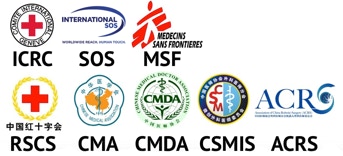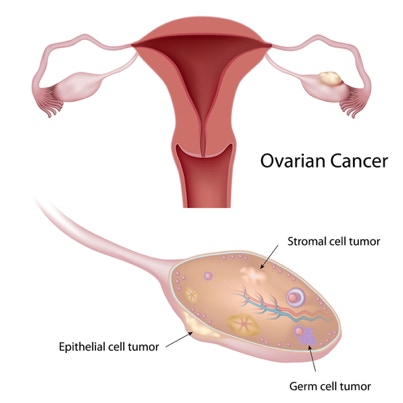

Doctors
Institutions
Conditions
Drugs
Insurances
What tests might I have after being diagnosed?
If initial tests and exams strongly suggest that you have ovarian cancer, you’ll likely have other tests. These tests help your healthcare providers learn more about your cancer. They can help show if the cancer has grown into nearby areas or spread to other parts of your body. The test results help your healthcare providers decide the best ways to treat the cancer. If you have any questions about these or other tests, be sure to talk with your healthcare team.
The tests you may have can include:
Chest X-ray
Positron emission tomography (PET) scan
Colonoscopy
Laparoscopy
Imaging tests
Chest X-ray
This test is done to see if the cancer has spread to your lungs.
PET scan
This test is used to look for cancer throughout your body. Your healthcare provider puts a small amount of a radioactive sugar into your blood. He or she does this by putting a needle into one of the veins on your arm or hand. Over about an hour or so, it’s taken up by active cells in your body that need a lot of energy. This includes cancer cells. A special camera then scans your body to look for collections of the sugar. These show up as “hot spots” on the scan. They may be a sign of cancer.
Colonoscopy
For this test, you’re put into a deep sleep. Your healthcare provider puts a long, lighted tube into your rectum and colon. Colonoscopy is used to see if cancer has spread to the colon or rectum, or if the cancer might have started in the colon itself.
Laparoscopy
You’re put into a deep sleep for this test. Your healthcare provider then makes a small cut in your abdomen (belly). He or she then puts a long thin tube into the cut. This tube sends pictures to a computer screen. This lets your healthcare provider look closely at your ovaries and the inside of your abdomen. In rare cases, your healthcare provider can use small tools through the tube to take out tissues samples if he or she sees spots that may be cancer. This test helps your healthcare provider see if and how far the cancer has spread.
Working with your healthcare provider
Your healthcare provider will talk with you about which tests you'll have. Make sure to get ready for the tests as instructed. Ask questions and talk about any concerns you have.












